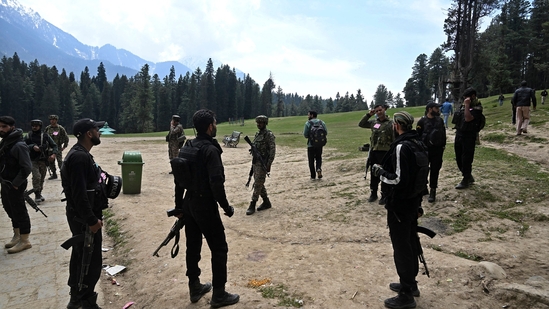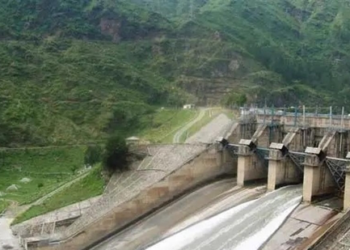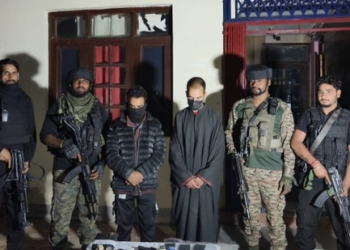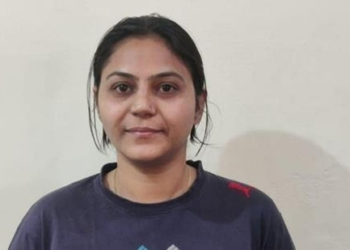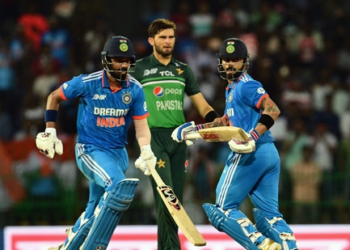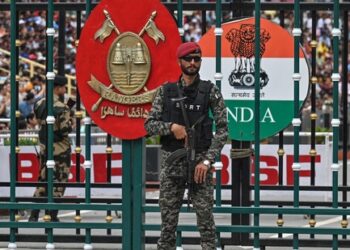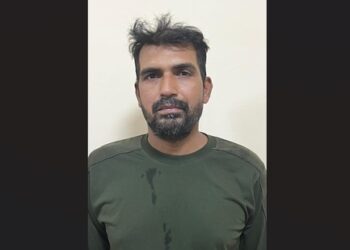The Narendra Modi government has officially lodged a strong protest against the British Broadcasting Corporation (BBC) over its coverage of the recent Pahalgam terror attack, which claimed 26 lives. On Monday, Indian officials confirmed that a formal letter was sent to BBC’s India head, objecting to the broadcaster’s choice of terminology — specifically, referring to the attackers as “militants” rather than “terrorists.” The External Publicity (XP) Division of the Ministry of External Affairs (MEA) has been tasked with closely monitoring BBC’s reporting on the matter.
This diplomatic protest coincided with the Centre’s decision to ban 16 YouTube channels originating from Pakistan, including major networks like Dawn, ARY News, Geo News, and Samaa TV. These channels were accused of spreading “communally sensitive content and misinformation against India.”
The aftermath of the Pahalgam attack has seen a sharp rise in India-Pakistan tensions. New Delhi responded decisively by suspending the 1960 Indus Water Treaty, downgrading diplomatic ties, and shutting down the Attari land border checkpost. These measures are seen as a strong signal to Islamabad over its alleged complicity in supporting cross-border terrorism.
Meanwhile, the National Investigation Agency (NIA) has taken over the investigation into the Pahalgam attack. The agency has intensified its efforts to uncover the full scope of the terror conspiracy. In a statement, the NIA said its teams, alongside forensic experts, are meticulously examining the attack site, scrutinizing entry and exit points for clues, and piecing together the sequence of events based on eyewitness accounts.
Survivors of the attack across several states, including Maharashtra, Odisha, and West Bengal, are being questioned to gather critical testimonies. Furthermore, the NIA, in collaboration with other central agencies and Jammu and Kashmir Police, has interrogated numerous overground workers (OGWs) and detained members of banned outfits such as Lashkar-e-Taiba (LeT) and Jaish-e-Mohammad (JeM), many of whom are already imprisoned.
As investigations deepen and diplomatic moves intensify, the Pahalgam attack continues to cast a long shadow over regional security and India’s foreign policy posture.




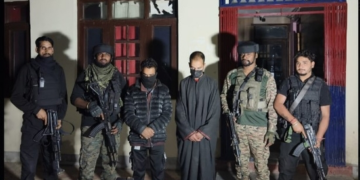


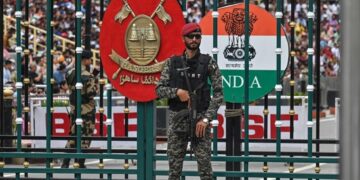
 India
India
